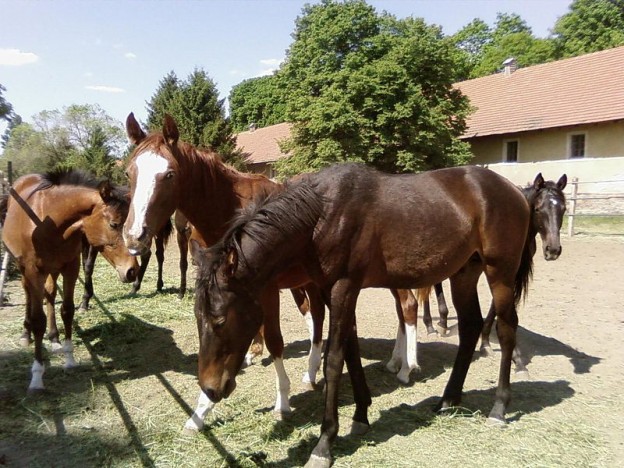An unvaccinated horse in Winthrop, Minnesota has tested positive for West Nile Virus and is severely ill. The 1.5-year-old Friesian stallion has been unable to stand for a week and is receiving supportive care. This is the first confirmed case of 2016 affecting a Minnesota horse.

Public domain image/Dusan Bicanski
West Nile Virus is regularly found in the United States, and birds serve as the primary host of the disease. Infected mosquitoes can transmit the virus from birds and then carry it to horses or people. The virus can cause encephalitis, an inflammation of the brain and spinal cord. Infected horses may or may not show neurological symptoms and many recover completely, especially with annual vaccinations.
Vaccines for horses are widely available and have been proven to be effective in preventing infection. Steps can also be taken to reduce disease risk by reducing mosquitoes.
- Change water in drinking troughs every week.
- Mow long grass.
- Drain stagnant water puddles.
- Remove items mosquitoes use for breeding grounds, like old tires and tin cans.
- Place and maintain screens over windows and stable doors.
- Horses and people can also be protected from mosquitoes by using repellents.
This is a high risk time of year for West Nile Virus transmission. People are at risk too, and the Minnesota Department of Health (MDH) advises wearing repellent, especially if you’re outside at dawn or dusk.
Related:

